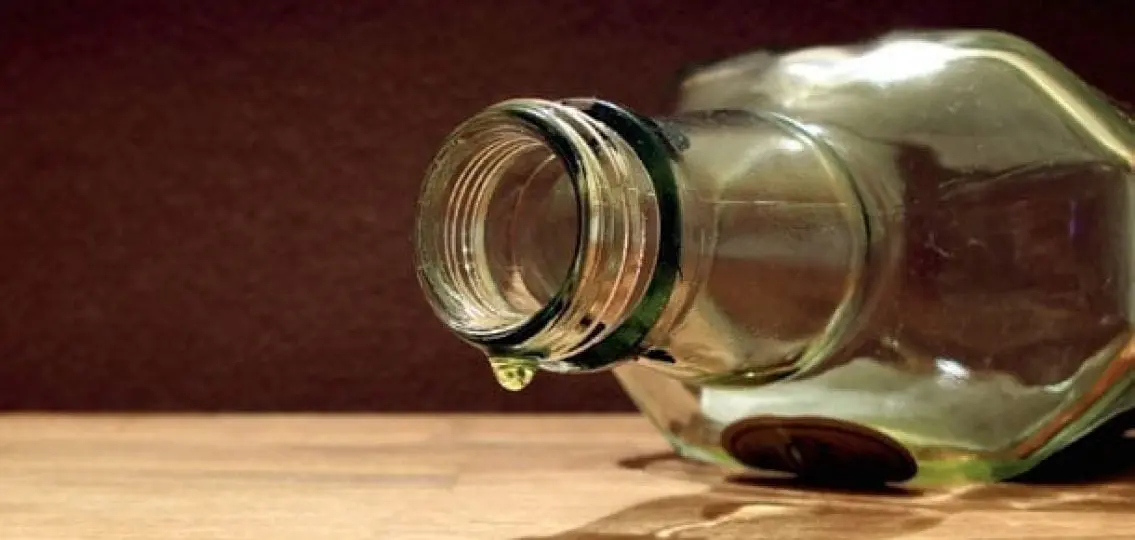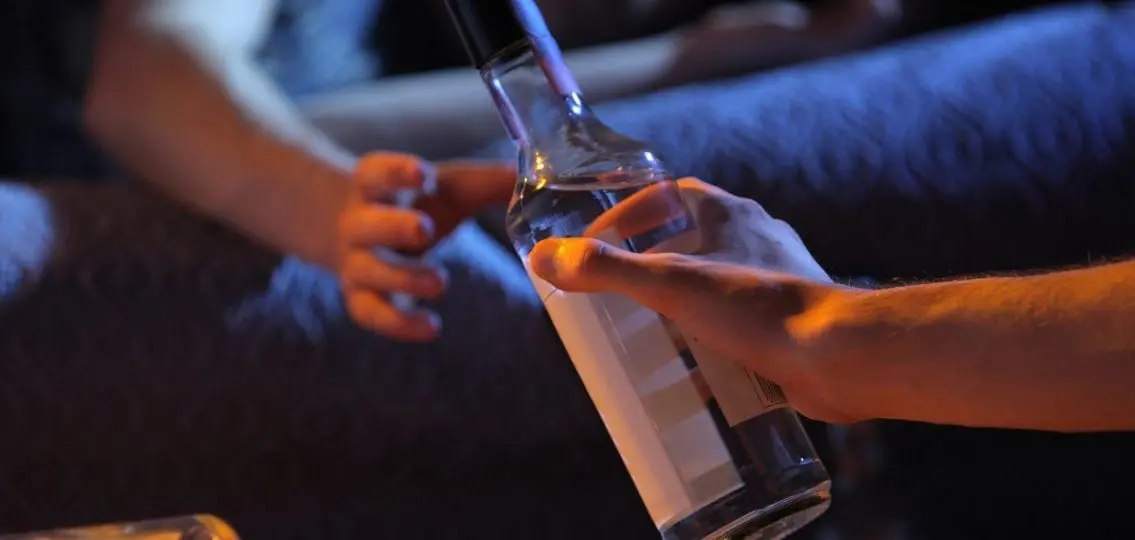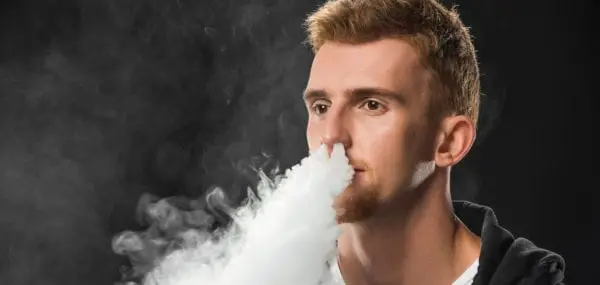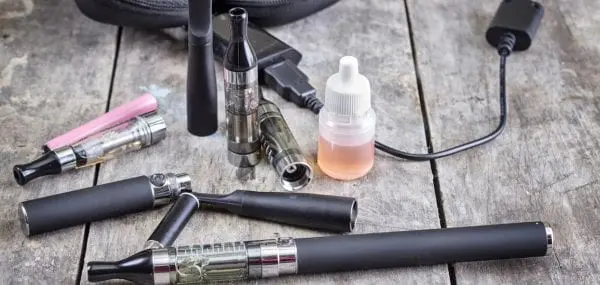The dreaded conversation about drugs and alcohol is difficult enough and certainly met with its fair share of eye rolls. But, that topic is an entirely new beast if there’s a history of addiction in the family.
About 43 percent of the U.S. adult population has been exposed to alcoholism in the family, according to the National Association for Children of Alcoholics (NACA). And, one in five adults grew up in a family with a history of substance abuse. Children are four times as likely to develop an alcohol dependency if their parent suffers from alcoholism.

Both nature and nurture play a role. While 99 percent of everyone’s genes are identical, the one percent that vary account for physical differences, including eye and hair color, as well as invisible differences, including health risks and heightened likelihood of addiction to drugs and alcohol.
Anne Fletcher, author of Inside Rehab and Sober for Good, puts it this way. “Genetics load the gun, and environment pulls the trigger.”
According to Constance Scharff, researcher and author of Ending Addiction for Good, teens tend to respond one of two ways when they see a family member in recovery: They swear off or put themselves at risk of becoming addicts themselves.
So, it’s imperative for parents to help their teenagers understand the effects of addiction, like alcoholism, and genetics.
For parents still abusing drugs or alcohol, this conversation lacks any authority. “Children are not idiots,” Scharff says. “You have to be really realistic with them. If you run a household where one or both adults is severely abusing substances, you have no credibility in talking with your kids.”
However, if the household is modeling recovery and sobriety—or if the addiction was, say, experienced by a grandparent—those conversations can be effective. And, don’t put off having them.
“Substance abuse starts between 9 and 13 years old,” she says. “You start the conversations early and talk about expectations you have for the family.”
Margaret Lisi, who has a history of addiction in the family, began the dialogue with her son when he started asking questions at the age of nine. “It was very simple, but not too detailed at that time,” says Lisi, who was arrested for a DUI and received extensive counseling. “Since then, the doors have been open. He knows of my worst times. I’ve always waited until he said he was ready.”
Lisi’s brother died after being shot in the neck in a drug deal, and her parents both struggle with alcohol addiction, which has strained their relationship. Although it’s a heavy story, knowing that drugs and alcohol have produced familial tension and serious consequences is important for a child with, as Fletcher says, “a poor deck of cards.”
These personal experiences, and the understanding of a genetic relationship, are what make the conversation different in these families. While it’s important to share, it does not completely eliminate the need to be authoritative and parental when it comes to discussing drugs and alcohol.
“It’s the parent’s responsibility to help children navigate through the ‘sticky moments,’” says Dorit Margalit, a social worker in New York City. “They might want to role play the discussions they would have with friends. Teens like to make their own decisions. But if you’re there to help them work through those tricky times, then you’re setting them up to succeed.”
Most importantly, Margalit encourages parents with addiction in the family to avoid the nitty-gritty details and use the bigger picture to equip teens to handle the peer pressure. In Lisi’s case, a little extra advice may go a long way in her family.

“Forewarned is forearmed,” she says.
“My children have a strong likelihood of going down this addiction path. With honest guidance from my husband and me, we hope to prevent that.”




